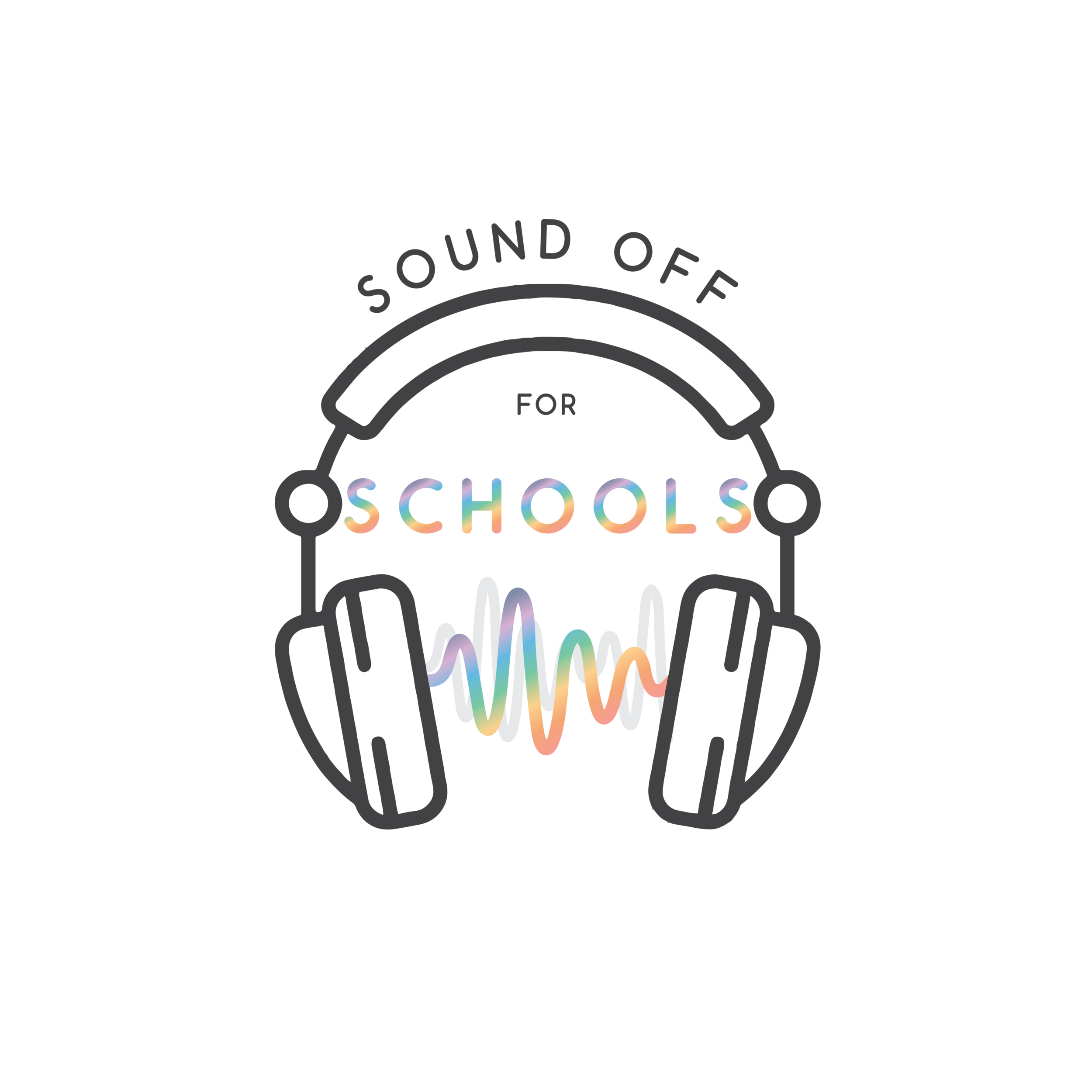WHEN IS TOO MUCH A PROBLEM?
Ever found yourself scrolling or flicking your way through the overwhelming vault of Netflix to never actually make a choice?
Do the 31 Baskin and Robbins flavours give you ‘decision making paralysis’?!!
(Can confirm Pralines and Cream will always win!!!!!!!!!!!!!!!!)
Have you seen the extensive array of filters your teenager can choose to send their latest SnapChat?
When does “too much” become problematic, a burden, less fulfilling, a constraint and an unnecessary stress upon our young people? How can we protect the grace of childhood?
We know that young people thrive and flourish when they are given the time and space to wonder, explore, understand, ponder, question and play without the burden of “too much” choice. When a child is “overloaded” with clutter, sensory overload, choice, doing, and busyness they have the potential to become anxious, have trouble socialising with peers, and can be diagnosed with behavioral problems
In the eyes of a child, there are infinite wonders to our world! How can we sustain this graceful wonder and allow them to grow from a place of belief, hope and joy?
A few ways to bring back SIMPLE to a world of “too much” choice...
Schedules:
Morning Maths tuition, Violin lesson, Spanish class, Soccer training, Sight words, Homework tasks, Tennis fixtures ~ Where is the time to just “be”?
Reduce the number of things a child engages with in one day.
Simplify the daily routine and number of activities.
Check the amount of information taken on each day.
Make space for growth, imagination and time to ponder.
Create intervals of calm and connection with your child.
Take a 20 minute break each day from the constant doing.
(Is your child disruptive or argumentative? Try simplifying their schedule ~ please note this doesn’t mean losing structure and routine!)
Screens.
Have you ever reminisced on the simpler times of childhood? Riding bikes, climbing trees, making shops, creating a dance, neighborhood street cricket…has it all been lost to THE SCREEN!
Limit lights, sounds, and general sensory overload in the home.
Scale back on media.
Manage “screen time” with limits and a log.
Narrate stories to encourage imagination.
Log and manage the endless deluge of information and stimulation from screens.
Create occasions for social interaction.
Allow time for play.
Model your own screen time use routine.
(Can your child initiate a game or play with peers? If not, try modelling this for them by playing and starting conversations for social interaction.)
Speed.
No time to smell the flowers, lick the mixing bowl, pick up shells or gaze at the stars? The reality of our world is fast, furious and a flurry of doing more in less time!
Pause and make eye contact every morning and night.
Carve out a “slow” day each week.
Pay attention to what is important in their world.
Be available.
Show appreciation with physical touch and time together.
Share some meals together that have no time constraints.
(Does your child struggle to wind down at night for restful sleep? Are there ways to slow down the pace of the afternoon and night routine to allow for the parasympathetic nervous system time to come online for rest and digest?)
Stuff.
Tripping over a piece of Leggo in the dead of night is enough to send anyone over the edge! The clutter of “too much” can overwhelm and can cause pseudochoices–before you know it, they will only know one emotional gesture: More!
Toy rotation or library.
Intentional and deliberate play options.
Open-ended and creative play.
Playful practice for skill development.
Flex the imagination muscle and foster appreciation of less.
Toy free day each week - get outside!
(The selection of toys we surround children with are tools that allow children playful practice to help build confidence, socio-emotional development, independence, problem solving, and an overall understanding of their world, toys and play hold great importance. However, too much stuff leads to too little time and too little depth in the way kids see and explore their worlds.)
Stress.
Does the witching hour sound familiar is your household? Are homework, bath or meal times more like a battle each day?!
Predictable daily routines and rituals.
Daily Self-care (for you!).
Take your time to make small, incremental changes.
Honour your needs and then your family’s.
Laugh! (Every day)
Move away from MORE, and lean in to LESS.
(Are the daily tensions slowly stealing your joy? Tomorrow, you can start with something small to reclaim yourself and your children to have the space and freedom for growth, deep attention and awareness to flourish in a world that is always asking for MORE!)
Interested in simplifying the school day?
Sound Off for Schools is a practical and engaging mindfulness education program that encourages young people to ‘disconnect’ from too much in order to reconnect to their inner peace and calm.
